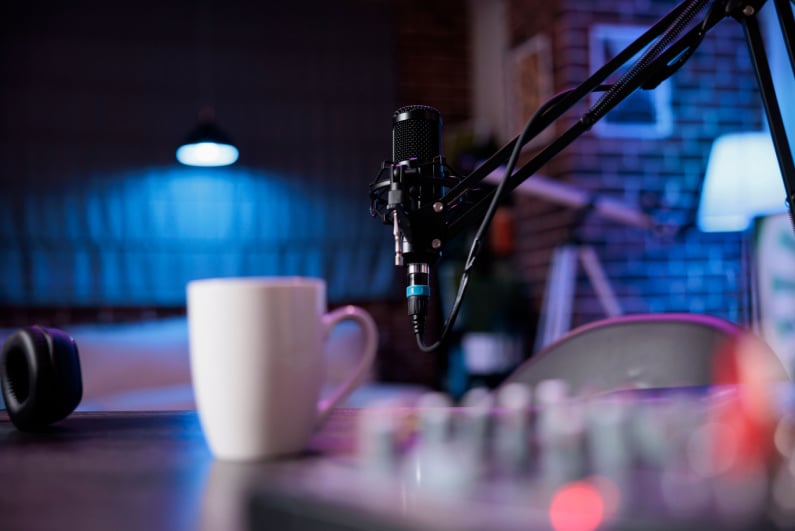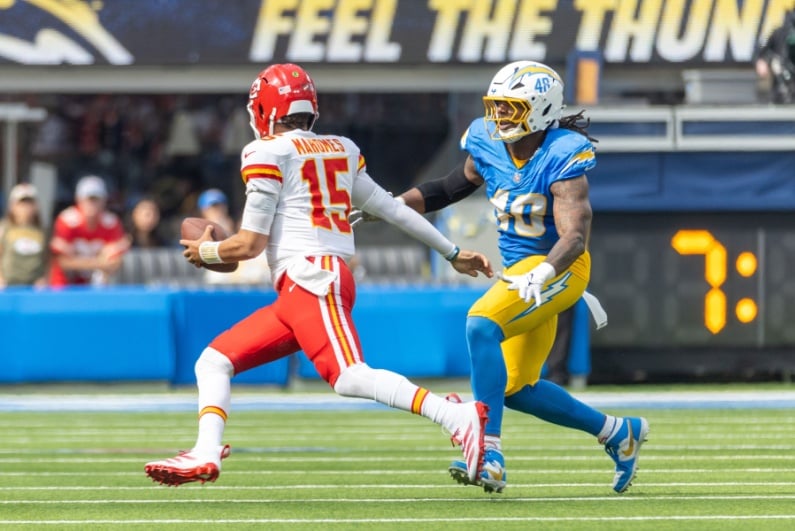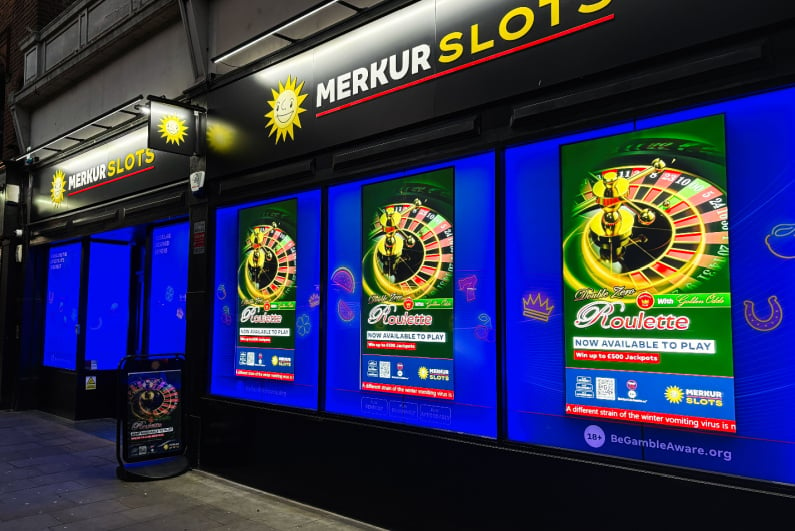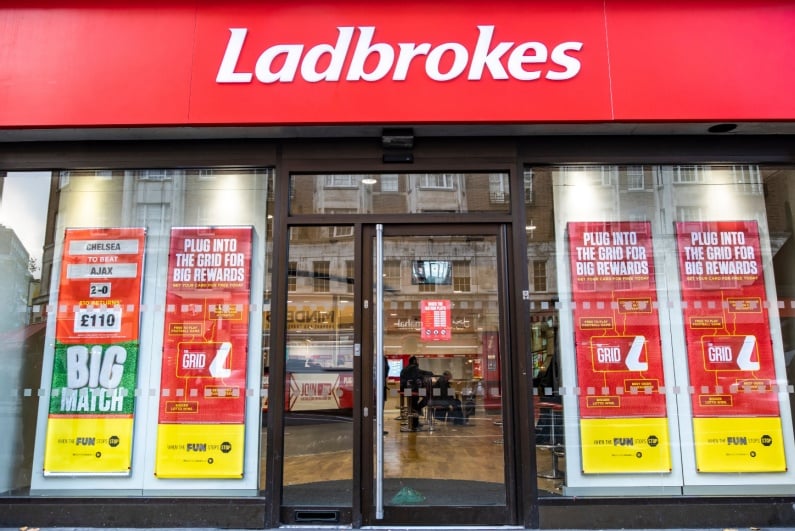Questions that need answering
Cash giveaway competitions have captured the attention of radio listeners for many years. The possibility of winning life-changing money just by texting into a show or answering a question correctly is very appealing to many.
With a lot of time and effort going into better protecting gamblers in countries across the globe, some are now questioning if these types of radio contests are actually akin to gambling.
wants answers about its inner workings
Ireland’s highest-paid radio presenter Joe Duffy has questioned the ‘Cash Machine’ competition, a very popular feature across the Bauer Media stable of radio stations. He wants answers about its inner workings, including the number of entries it receives, the odds of someone winning, and the profit margin.
In Duffy’s now-deleted social media posts, he said he believes that these radio contests ultimately fall into the category of gambling. Additionally, the RTÉ host noted how the odds for Irish Lottery draws are public information so people know their chances before buying a ticket, making the radio competitions unfair.
How it works
In ‘Cash Machine’ – which runs Monday to Friday – a listener is selected through a draw and then has to answer the phone within five rings and relay the exact size of the jackpot to win the sum on offer. If a pot is not won, entries get recycled into the following day’s action and the prize increases. It is only open to people who are at least 18 years old, with draws taking place every weekday (except for bank holidays).
This giveaway has set numerous records for the most money won on Irish radio, with one lucky person scooping €200,000 ($218,846) last month and €5m ($5.5m) given away in 2023. It costs €2.50 ($2.74) to text in an entry.
Germany-based Bauer does not make its financial results publicly available and it has not revealed any information about the total entries or its revenue from ‘Cash Machine.’
A big money-maker
These types of contests are categorized in Ireland as a competition rather than a lottery, because there is an element of skill involved due to the question. GamblingCare, a non-profit organization, has looked into which category ‘Cash Machine’ falls under, as well as the Broadcast Authority of Ireland’s (BAI) stance on the matter:
This game is likely a good revenue driver as Bauer Media controls some of the most listened-to radio shows across Ireland. The Joint National Listenership Report published last year said that Bauer Media Audio Ireland’s total weekly reach was 1.74 million people and it had 1.1 million daily listeners. This is a powerful audience to leverage.
The state-licensed Irish Lottery directs about 30% of revenue to good causes, with another 55% going into prizes, and 5% going to retail network commission. The remaining 10% covers administration and operations costs, as well as profit.
Bauer Media doesn’t have any obligations to direct money to good causes or to have such a small profit margin as it is a private company. This means that it is probably making significant money from ‘Cash Machine’.
Concerning aspects
While ‘Cash Machine’ isn’t an issue in the eyes of Irish law, it certainly has some concerning characteristics, according to certain experts. The head of addiction services at a leading mental health hospital in Dublin Colin O’Gara told the Business Post that he believes ‘Cash Machine’ is a form of gambling as it “offers the promise of a better life, the promise of financial gain.”
People are also regularly exposed to these contests when they turn on the radio. This includes vulnerable individuals like children and problem gamblers, who have no way to block the content. To make matters worse, other radio stations are trying to stop the drain of listenership by running similar competitions, so it can be difficult to avoid them.
it could lead to a slippery slope for participants
Unlike gambling, there is no way for people to easily rack up major losses due to ‘Cash Machine’ limiting people to 12 entries per week, which would equal an outlay of just €30 ($32.93). That said, while this sum might seem insignificant, it could lead to a slippery slope for participants who might escalate their spending through other contests or to gambling itself.
There are also regular reminders about the game. When a person enters ‘Cash Machine’ one time, they will receive text message updates about the current prize, encouraging them to enter again. Recipients do have the option to stop these messages.
What might the future hold?
Addiction is a growing issue in Ireland, with many residents never having such easy access to different products. New legislation is currently under consideration that would overhaul the country’s gambling laws and help to better protect people.
significantly curtail gambling product advertising
The Gambling Regulation Bill would significantly curtail gambling ads, including no longer allowing any such ads on television or radio between the hours of 5:30am and 9pm.
While radio cash competitions are not currently defined as gambling by law, this incoming regulation will undoubtedly put pressure on these shows to ensure they are protecting their listeners. If they are not, then they could face similar curtailments and Bauer may have to kiss its cash cow goodbye.




